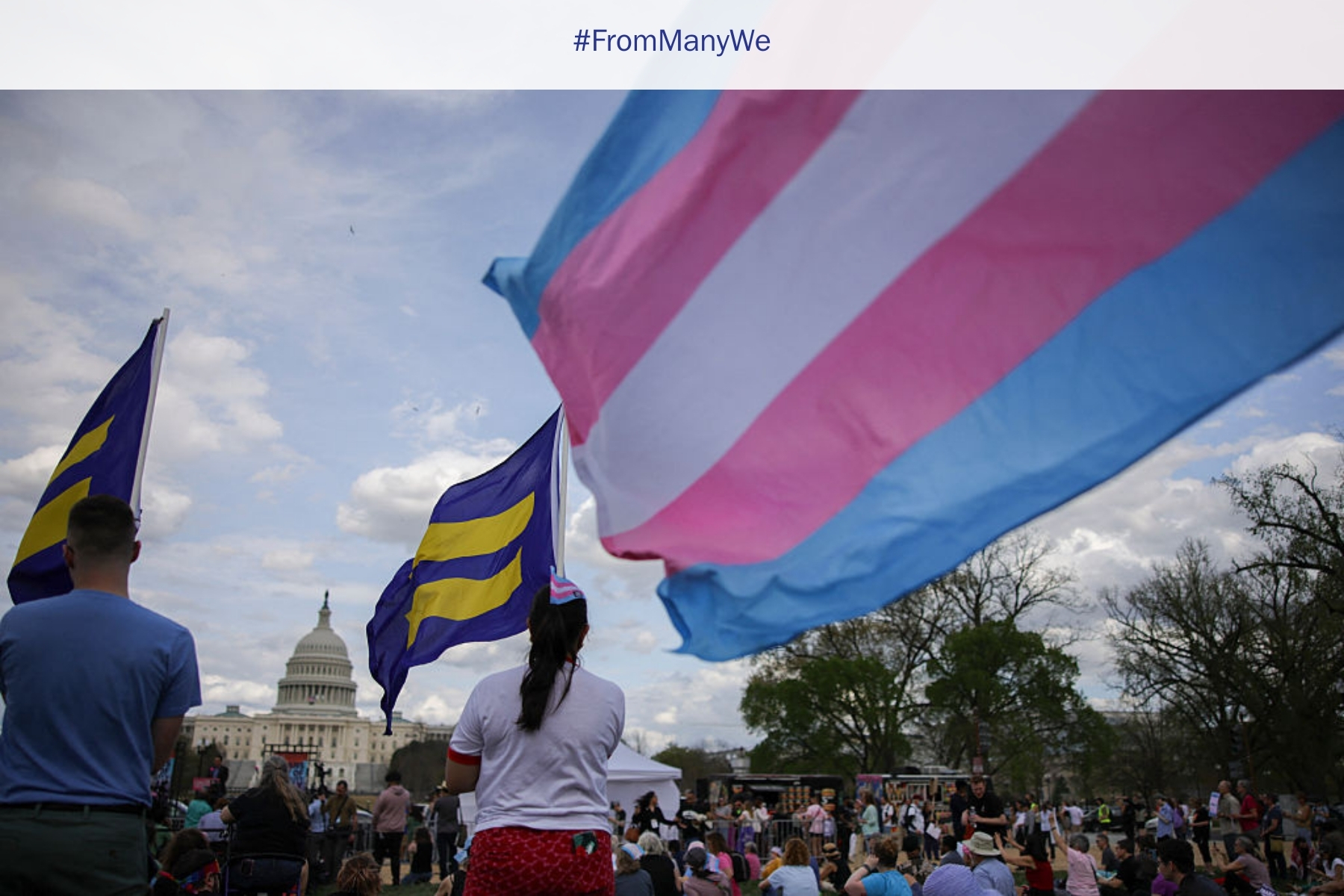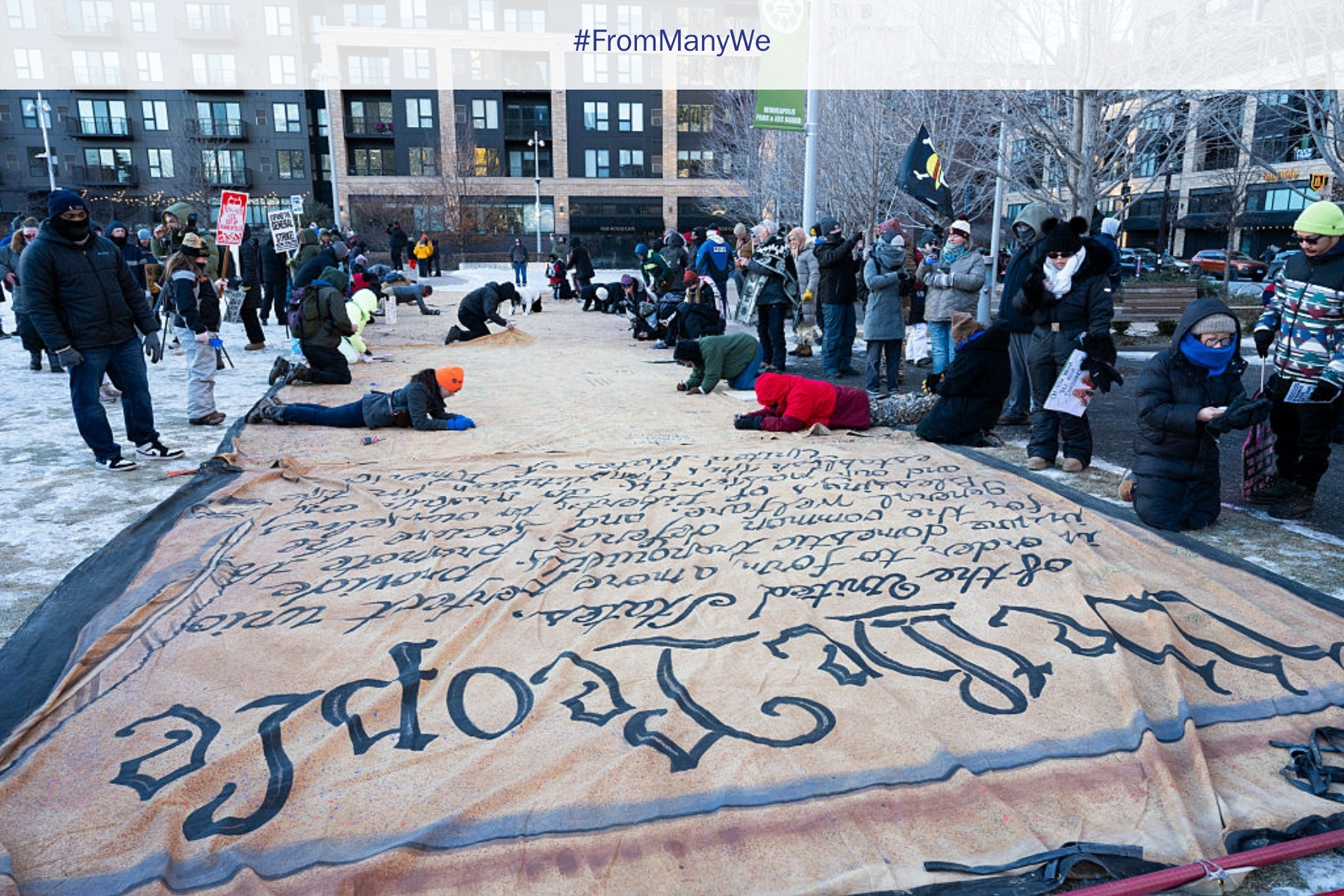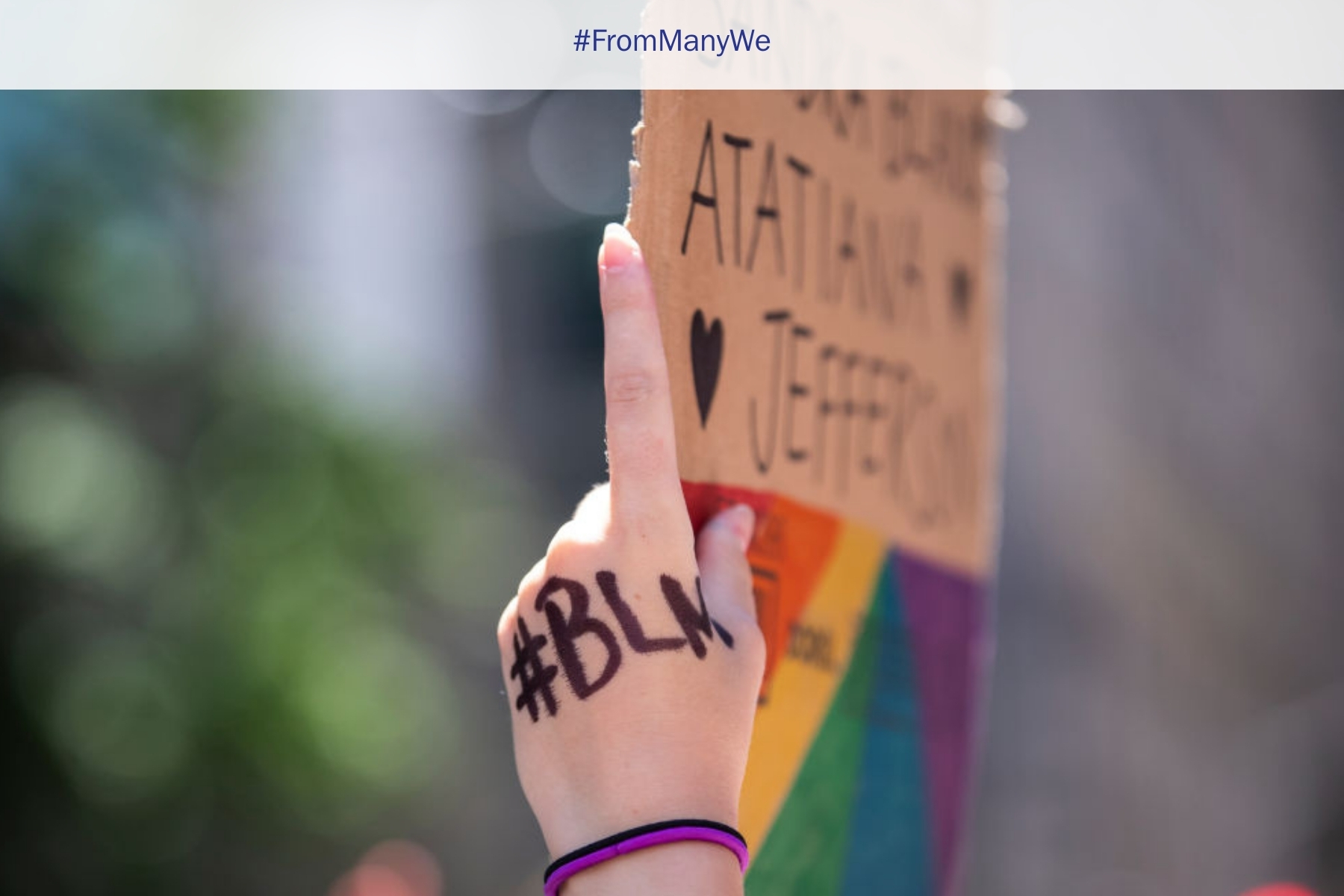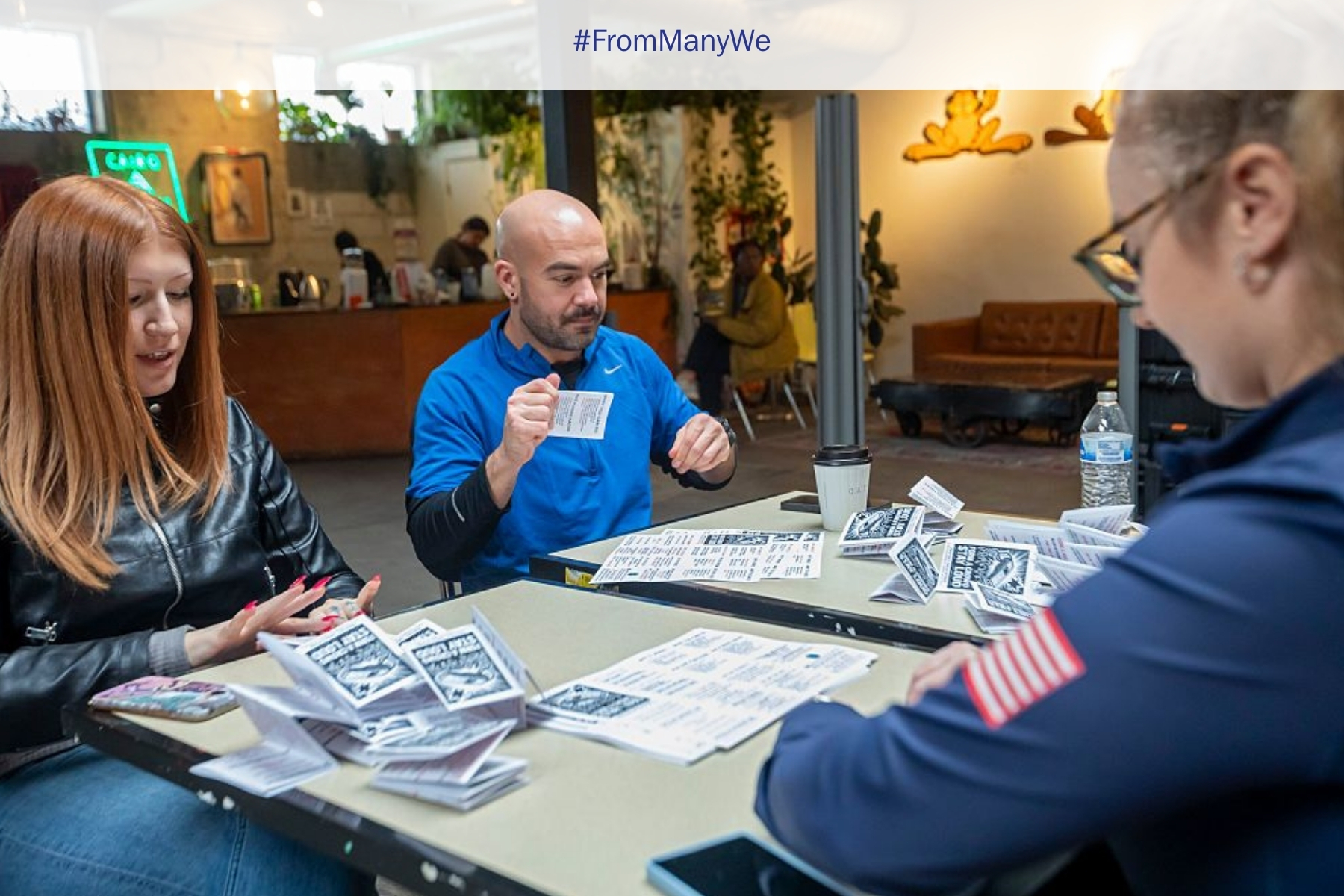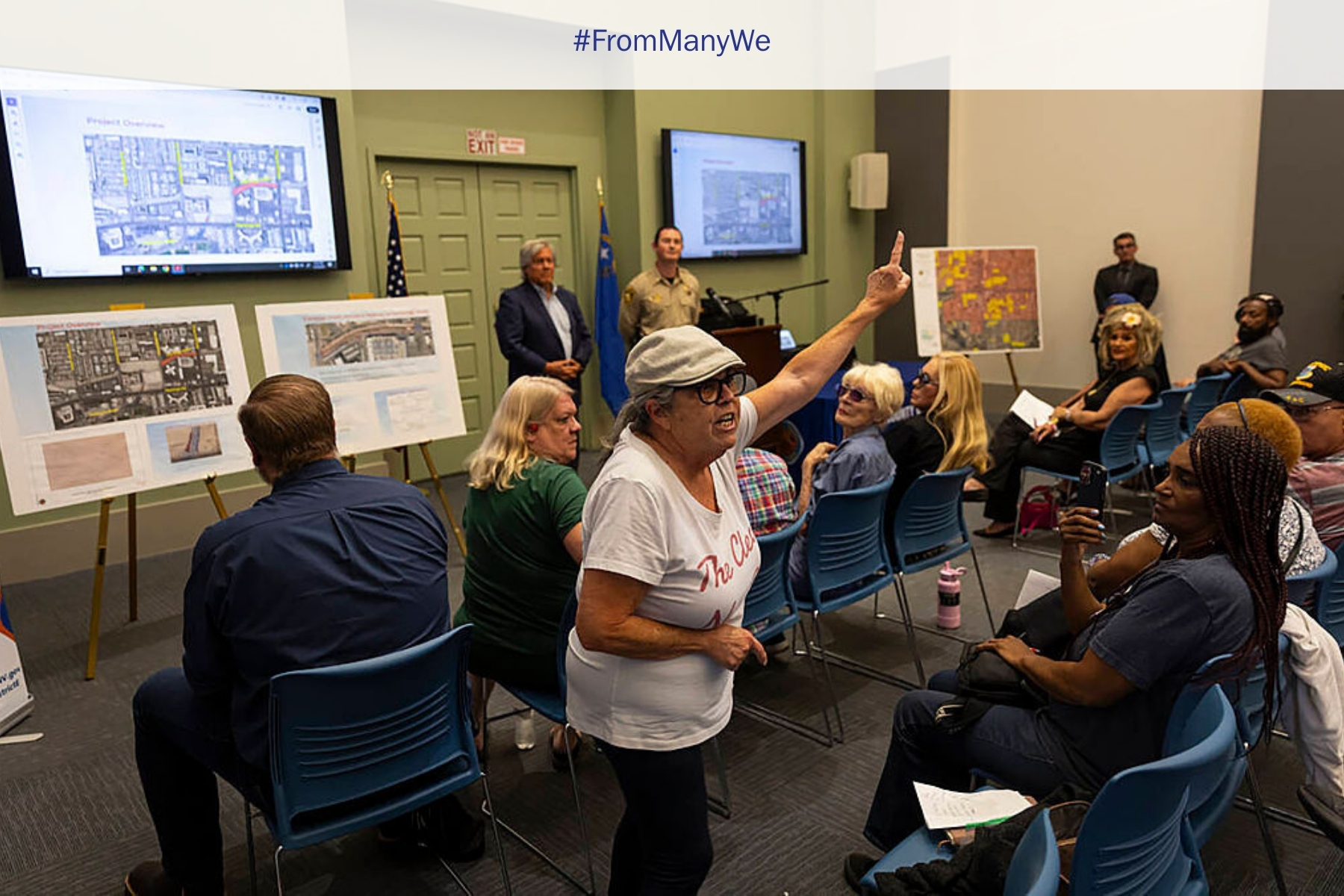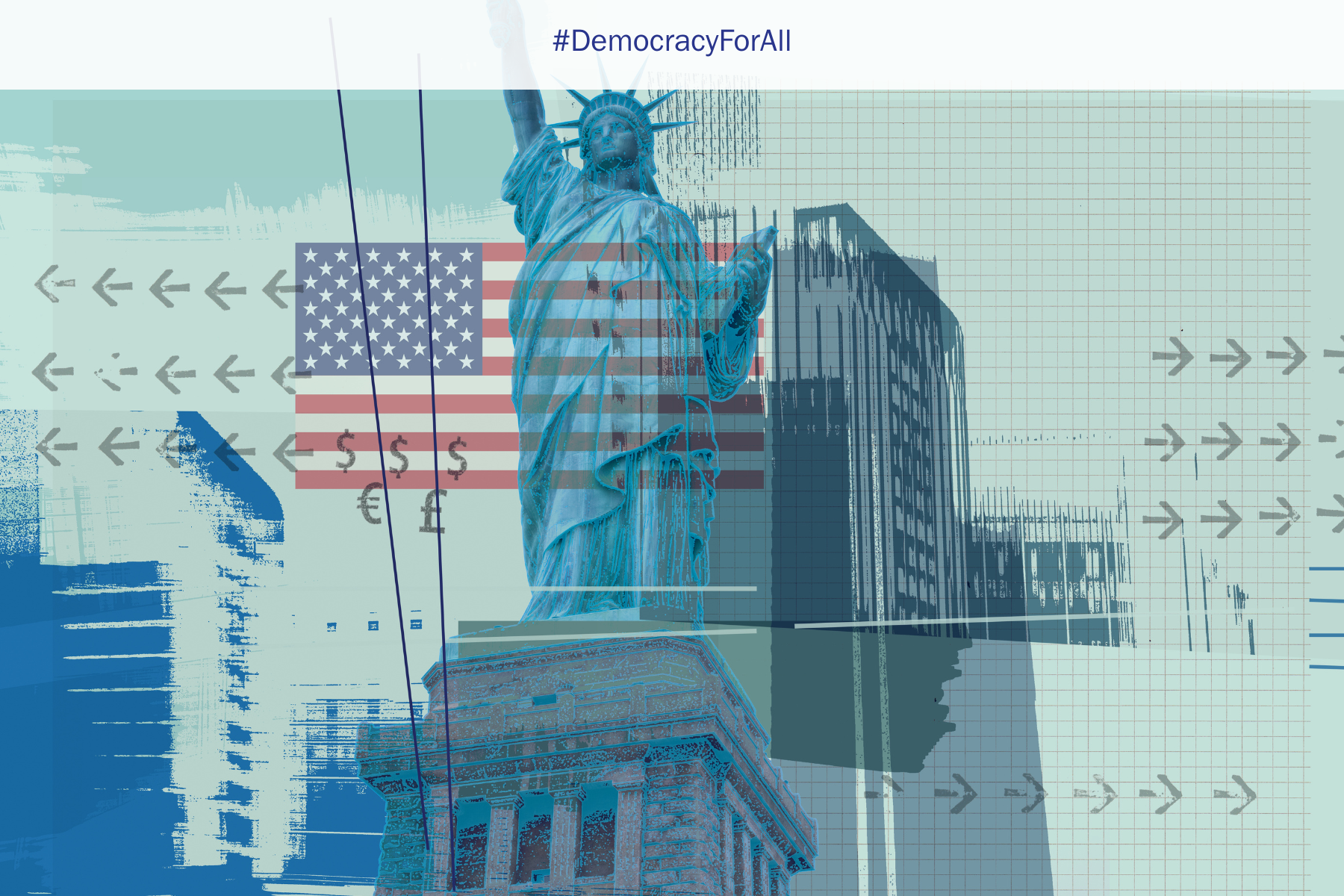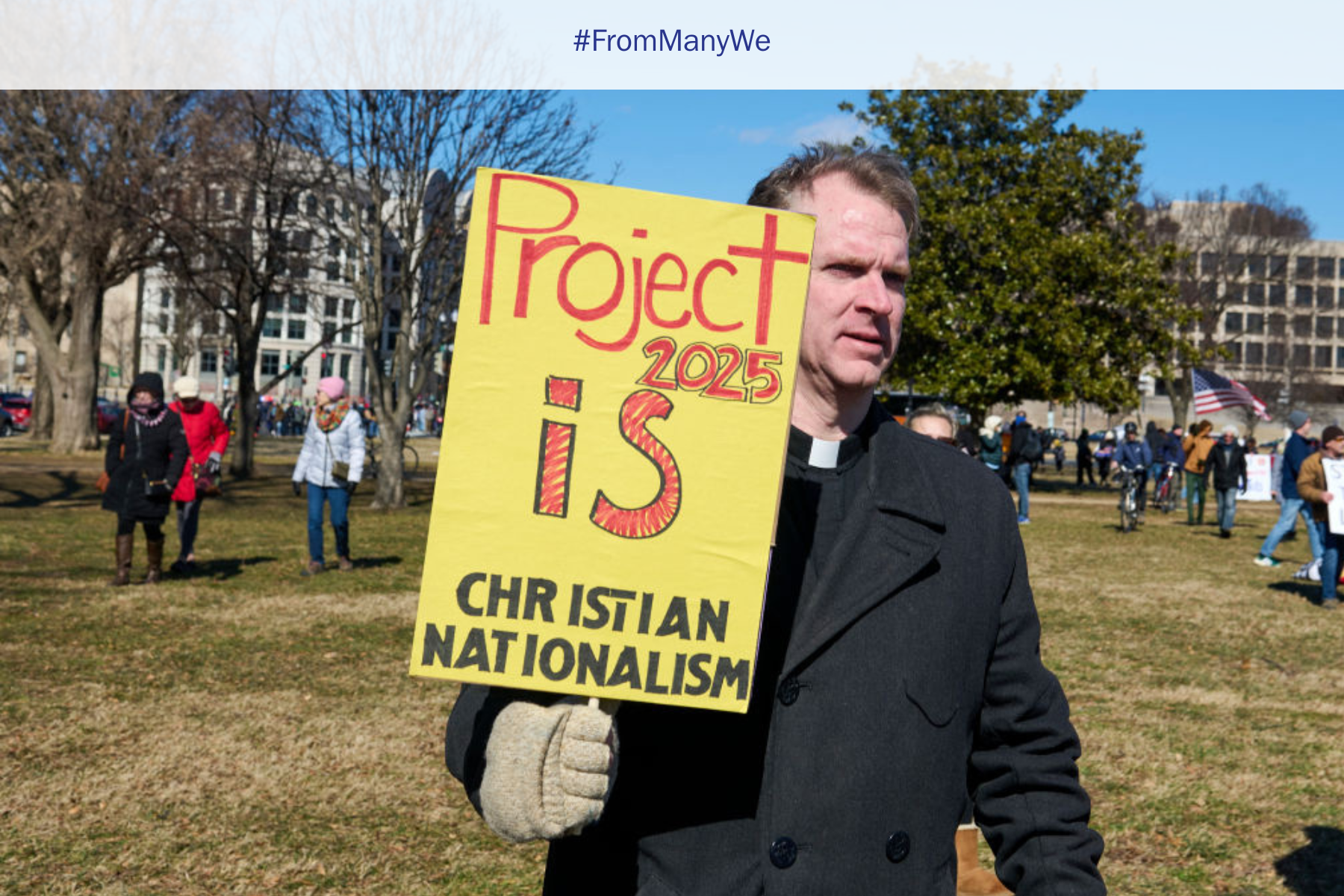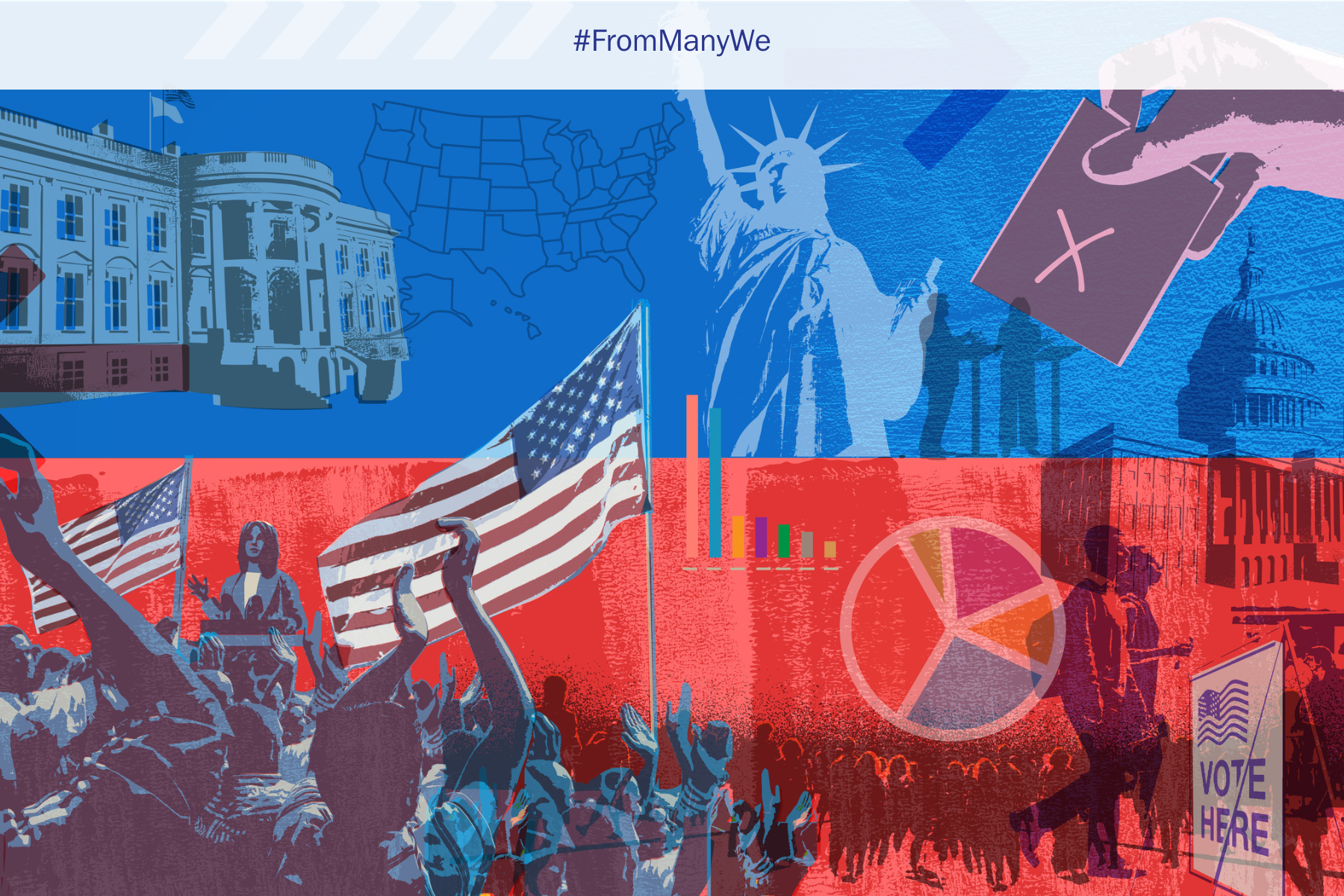The Archivist of the United States Was Fired: Why This Matters for Democracy
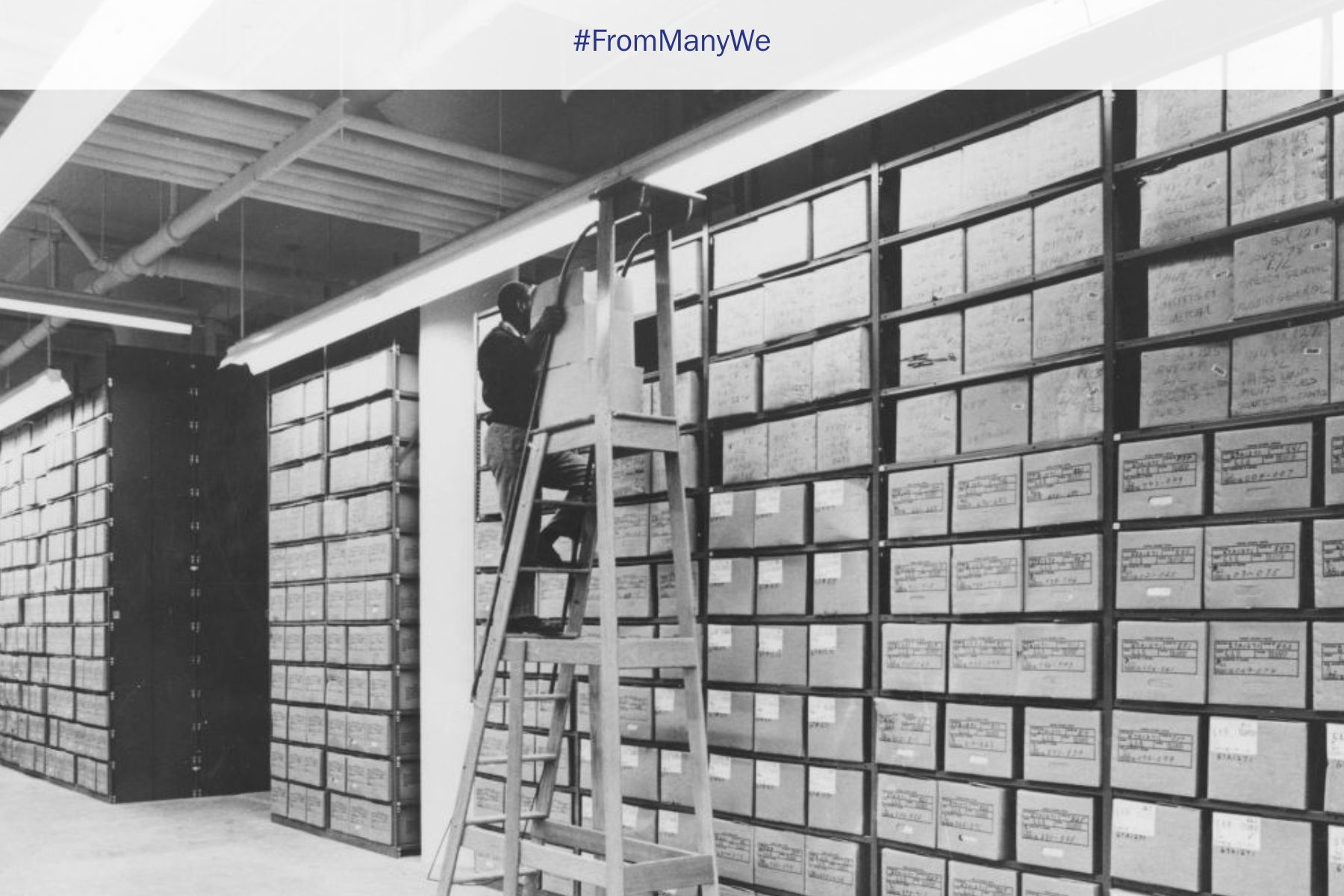
In February, I learned of the sudden dismissal of the Archivist of the United States, Colleen Shogan. In the days and weeks that followed, archivists and cultural heritage workers at the National Archives and Records Administration (NARA), the National Park Service, and many other government agencies have also been fired without any known cause. The Society of American Archivists and the Society of Ohio Archivists (SOA) are speaking out against Colleen Shogan’s firing because support for archival and cultural heritage workers is critical in a time of authoritarian creep.
What Is the Archivist of the United States?
I am proud to serve the Charles F. Kettering Foundation in the role of archivist and library manager. As an archivist, I observe a set of fundamental values, including defending accountability and promoting preservation. When steps are taken to potentially narrow the historical record, I take it as a professional offense. The historical materials preserved at NARA tell the full history of our country, not just of a certain set of individuals. The goal of NARA is to be the nation’s recordkeeper, from its founding documents to its veterans’ records (which are necessary for veterans to access their benefits) to free educational resources for teachers and so much more. Providing and securing public access to these materials is also a crucial role of the workers at NARA.
One of the lessor known duties of the Archivist of the United States is to oversee the Electoral College process: “They provide official instructions to the states on how to carry out their Electoral College voting, transmit their electors’ votes, and receive and validate the certificates before public viewing and permanent preservation.” NARA’s mission is established in the interest of historic preservation, transparency, and accountability, and many consider the latter to be the foundation of our American democracy. Government agencies also follow retention schedules for all materials the government produces.
According to federal law, the Archivist of the United States is a nonpartisan role that is “appointed without regard to political affirmations and solely on the basis of the professional qualifications required to perform the duties and responsibilities of the office of Archivist.” This law also requires that “the President shall communicate the reasons for any such removal to each House of the Congress.” At the time of this writing, President Trump has yet to state a cause or reason for firing Colleen Shogan.
Solidarity for Protecting Our Nation’s Full History
Many archival organizations have voiced their opposition to the actions of the current administration. SOA recently posted their concerns over the recent decisions made by this administration stating, “SOA Council condemns these actions and the reckless nature with which they were undertaken, as they unnecessarily jeopardize the livelihood of dedicated professionals and damage our ability to preserve and make accessible the rich tapestries of our national, state, and local histories.” I have been an active member of this organization for many years, and I support this statement wholeheartedly.
The Academy of Certified Archivists (ACA) is a highly regarded organization that “provides independent verification of archival knowledge, skills, and abilities through its examination and recertification processes.” The ACA plays a vital role in upholding professional standards and advancing the integrity and credibility of the archival profession. I am proud to have earned membership to the organization in 2012. The academy recently released a statement on the firing and attempted reorganization happening at the National Archives, “The core philosophy of ACA stands strong; we adapt, and we are resilient. Being a voice for those who can no longer tell their stories is a sacred mission for all archivists and those voices and stories must be protected.” It is my hope that we, as a country who care about our history, all stand along with my fellow archivists and work to protect the history of communities that have long been overlooked.
Why the National Archivist Should Not Be Partisan
The Archivist of the United States has a lot of say about what materials are to be preserved and how. The person that holds this role has the power to determine what materials are worth saving. Preserving only a small slice of the historical record could skew our nation’s history for years. According to Anthony Clark, a former senior staffer who oversaw the National Archives on the House Oversight Committee:
So when there is a conflict between what the president wants and the law requires—say, regarding access to presidential records, destruction of records, preservation of records that document the president’s duties, control of classified information throughout the executive branch, publication of the Federal Register, or the Archivist’s purely ministerial duties related to constitutional amendments and electoral votes—whoever serves as Archivist must serve his interests, and not uphold the law.
It is not the job of an archivist to save materials from a presidency or organization that only show the president or organization in a good light, but rather to follow the core values such as identifying and preserving the historical record, organizing and maintaining the historical record, providing a means of accountability, providing access to materials, and preserving materials from our diverse communities.
A partisan archivist could assist the administration in distorting the historical record for ideological purposes. According to the Associated Press, more than 26,000 images have been flagged for removal from the Pentagon’s database. Many of the images that are up for removal are of women and minority groups, including many African American units from WWII. Also tagged to be eradicated were photos of the Enola Gay, the plane that dropped the bomb on Hiroshima, which happened to be named for the pilot’s mother. These photos were apparently mistakenly tagged by AI searching for the word “gay.”
The American people deserve to have their entire history told, preserved, and made accessible for future generations. The good, the bad, and the ugly parts are all worth saving because they tell the full history of our country. It is a civic responsibility to tell our nation’s comprehensive history as a means of upholding government accountability and a way to counter democratic erosion. Politicizing archives erodes democracy and can only take us in the direction of authoritarianism. If you share these concerns, reach out to your representatives. You can find their contact information here.
Collette McDonough is the Kettering Foundation’s archivist and library manager.
From Many, We is a Charles F. Kettering Foundation blog series that highlights the insights of thought leaders dedicated to the idea of inclusive democracy. Queries may be directed to fmw@kettering.org.
The views and opinions expressed by contributors to our digital communications are made independent of their affiliation with the Charles F. Kettering Foundation and without the foundation’s warranty of accuracy, authenticity, or completeness. Such statements do not reflect the views and opinions of the foundation which hereby disclaims liability to any party for direct, indirect, implied, punitive, special, incidental, or other consequential damages that may arise in connection with statements made by a contributor during their association with the foundation or independently.
